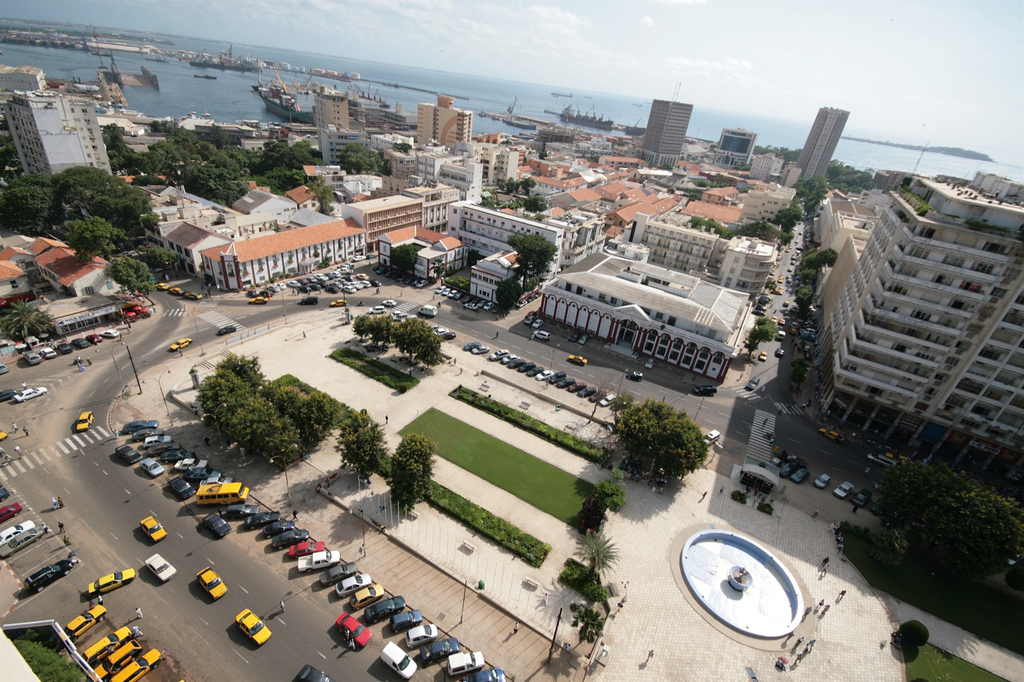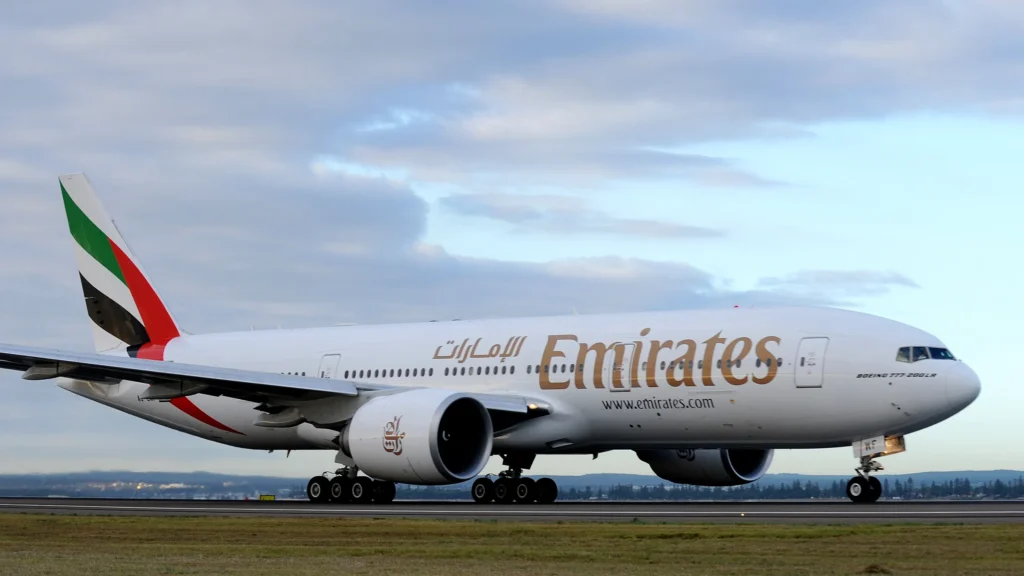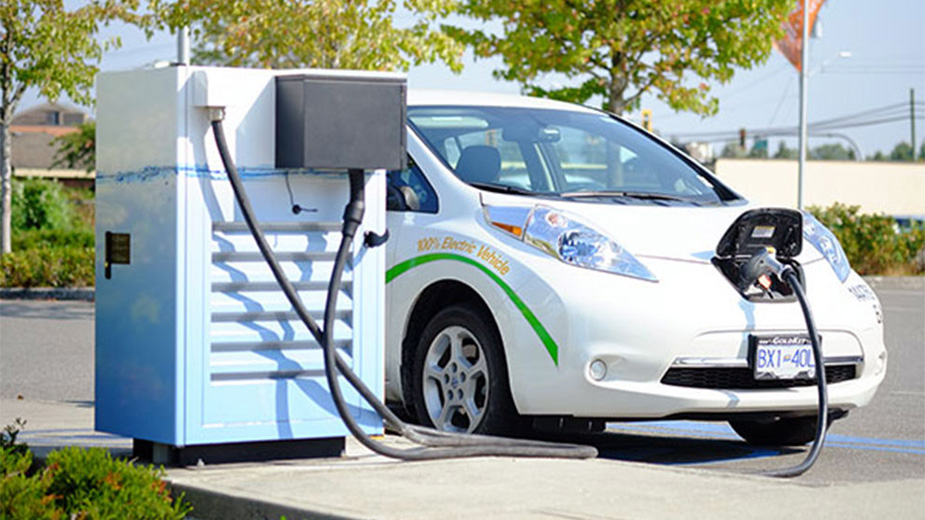
The International Monetary Fund (IMF) has revised down its projection for Senegal’s economic growth in 2024, citing weaker economic activity in the first quarter.
Initially expecting 8.3% growth, the IMF now forecasts a 7.1% expansion.
This downward revision is attributed to two main factors: political uncertainty surrounding the tense presidential election in March and delays in the country’s gas production, which is now pushed back to December 2024.
The IMF’s assessment, based on high-frequency economic indicators, suggests businesses held back on investments and consumers reduced spending during the first quarter.
This cautious behavior likely reflects anxieties surrounding the political climate.
Despite the downward revision, there are some positive signs. Senegal’s inflation rate has continued to decline, reaching a year-on-year rate of 3.3% in the first quarter. This is lower than anticipated.
The IMF emphasizes the importance of fiscal responsibility.
To meet its year-end target of a 3.9% budget deficit relative to GDP (Gross Domestic Product), the Senegalese government will need to implement “ambitious measures” to reduce tax breaks and improve spending efficiency.
Encouragingly, the new government has expressed its continued commitment to the IMF-supported economic program.
The IMF believes this program aligns with the government’s own strategic goals, suggesting a path towards continued economic stability.
Senegal’s economy grew by 4.6% in 2023, supported by a strong agricultural season and a robust service sector.
This growth came despite external pressures and pre-election tensions.




